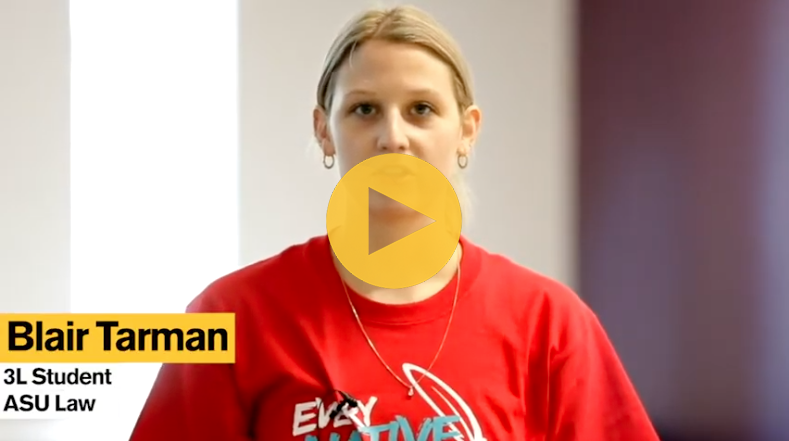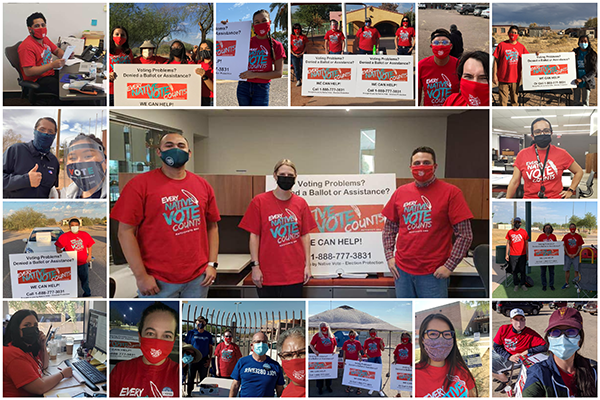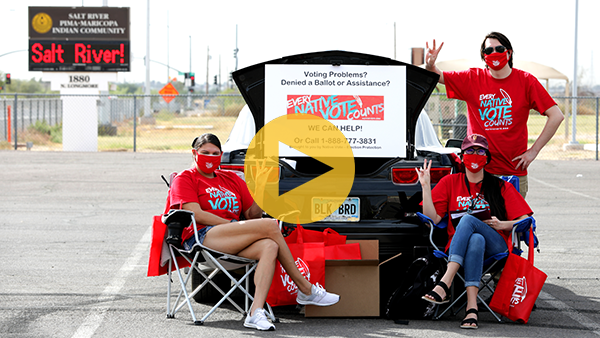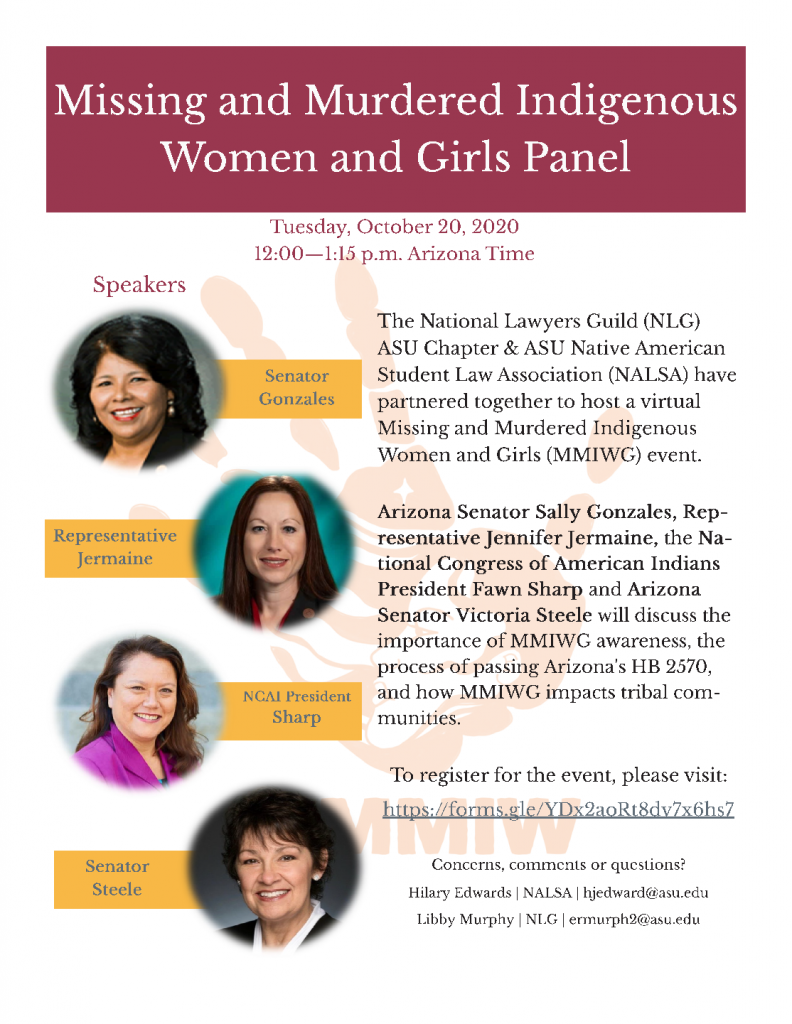This year, 26 ILP students spent their fall break in Washington, D.C. for the “Federal Advocacy for the Tribal Client” traveling class. The class offers practical application of the government-to-government relationship, which was led by ASU Law’s Indian Gaming and Tribal Self-Governance Director Derrick Beetso (’10).
With the support and commitment from ASU Law and ILP alumni, and other innovative professionals volunteering their time, the students gained a valuable learning experience. The volunteers included Saba Bazzazieh (’08), Allison Binney (’00), Tana Fitzpatrick (’08), Charlie Galbraith (’06), Brian Gunn, Sam Hirsch, Krystalyn Kinsel (’15), Matthew Murdock (’13), Sarah Murray, Breann Swann Nu’uhiwa (LLM ’09), Rebecca Ross (’10), Stephanie Sfiridis (’16), Ryan Smith (’98), Joel West Williams, Rani Williams (’18), the Office of Tribal Justice at the Department of Justice, the Office of Regulatory Affairs at the Department of the Interior, the Office of the Assistant Secretary-Indian Affairs, the House Subcommittee for Indigenous Peoples, and the Senate Committee on Indian Affairs.
In addition to participating in the class, students met with ILP partners and supportive law professionals. On Oct. 13, students, alumni, faculty and friends joined together at the Arizona State University Barrett and O’Connor Center for our D.C. Mixer. Thank you to everyone who was able to attend!
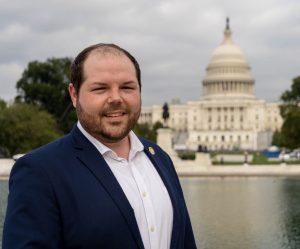 “The course could potentially open so many doors to exciting new possibilities,” said MLS Richard Picard. “While no one could ever replace Professors Ann Marie Bledsoe Downes and Larry Roberts, Professor Beetso is a wonderful addition to the ASU team as his dedication and excitement for the future of Indian Country truly reverberates through his instruction.”
“The course could potentially open so many doors to exciting new possibilities,” said MLS Richard Picard. “While no one could ever replace Professors Ann Marie Bledsoe Downes and Larry Roberts, Professor Beetso is a wonderful addition to the ASU team as his dedication and excitement for the future of Indian Country truly reverberates through his instruction.”
For additional photos and student testimonials, take a look at our social media posts that include 3L Hilary Edwards and 2L Michael LaValley.
We appreciate the following firms for taking time to talk with our students and hosting meals: Brownstein Hyatt Farber Schreck, Powers Pyles Sutter & Verville PC; Hobbs Straus Dean & Walker, LLP; Rosette, LLP; Jenner & Block; Sonosky, Chambers, Sachse, Endreson & Perry, LLP; and Akin Gump Strauss Hauer & Feld LLP.

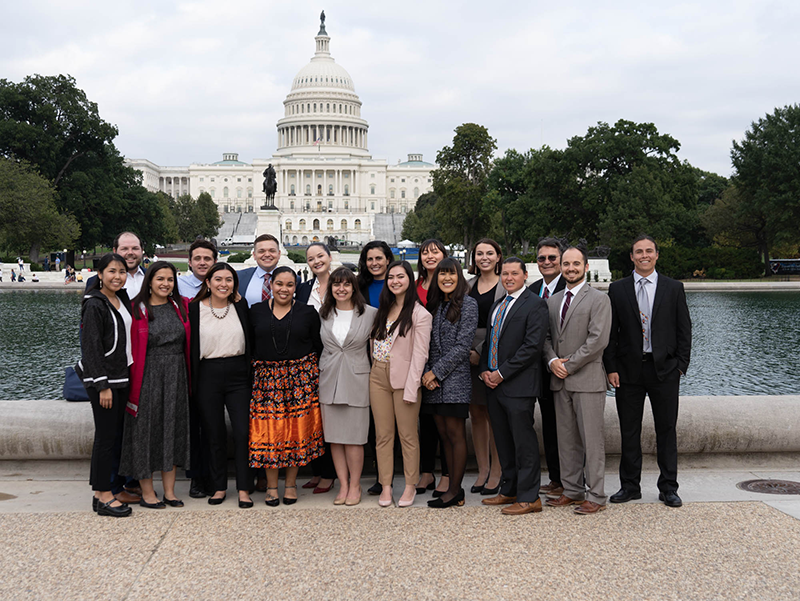

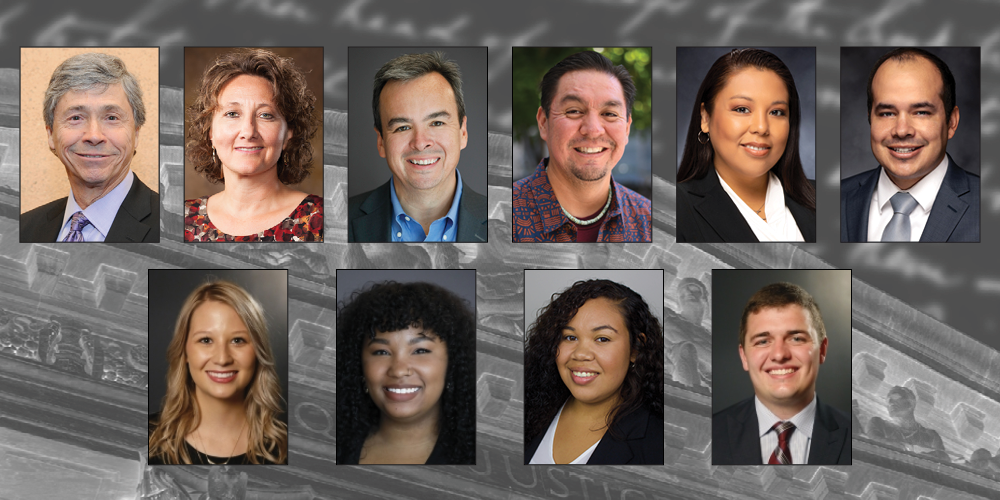
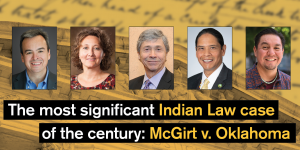
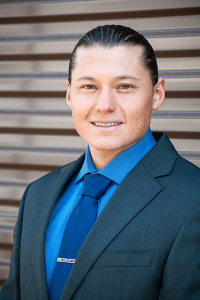
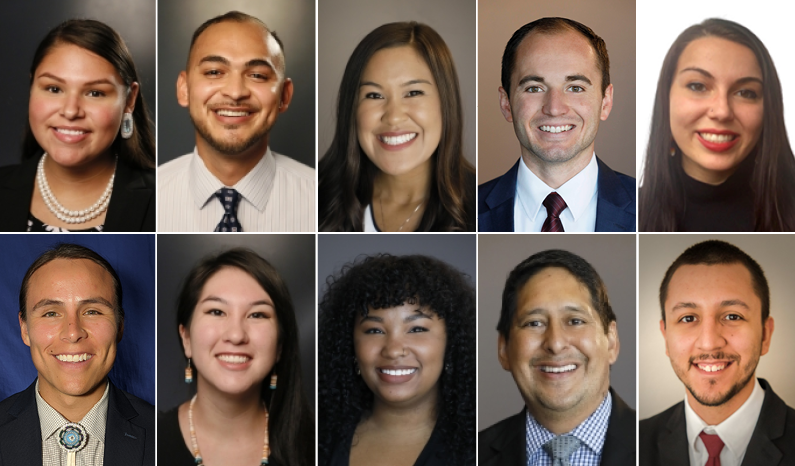

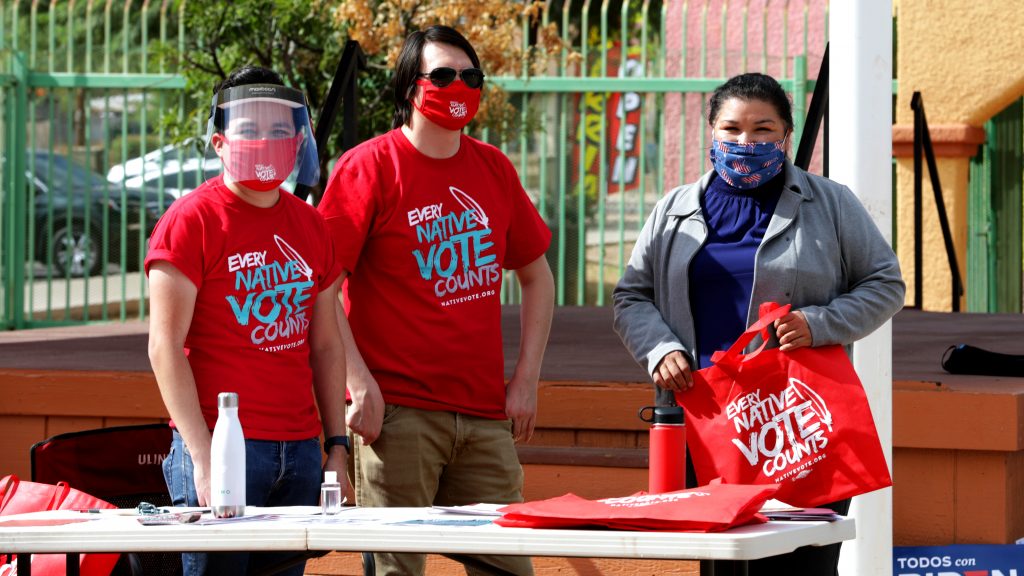
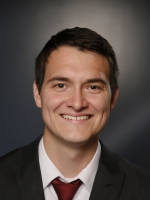
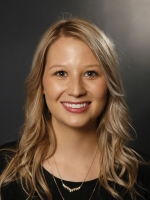 In her words, Blair Tarman writes:
In her words, Blair Tarman writes: